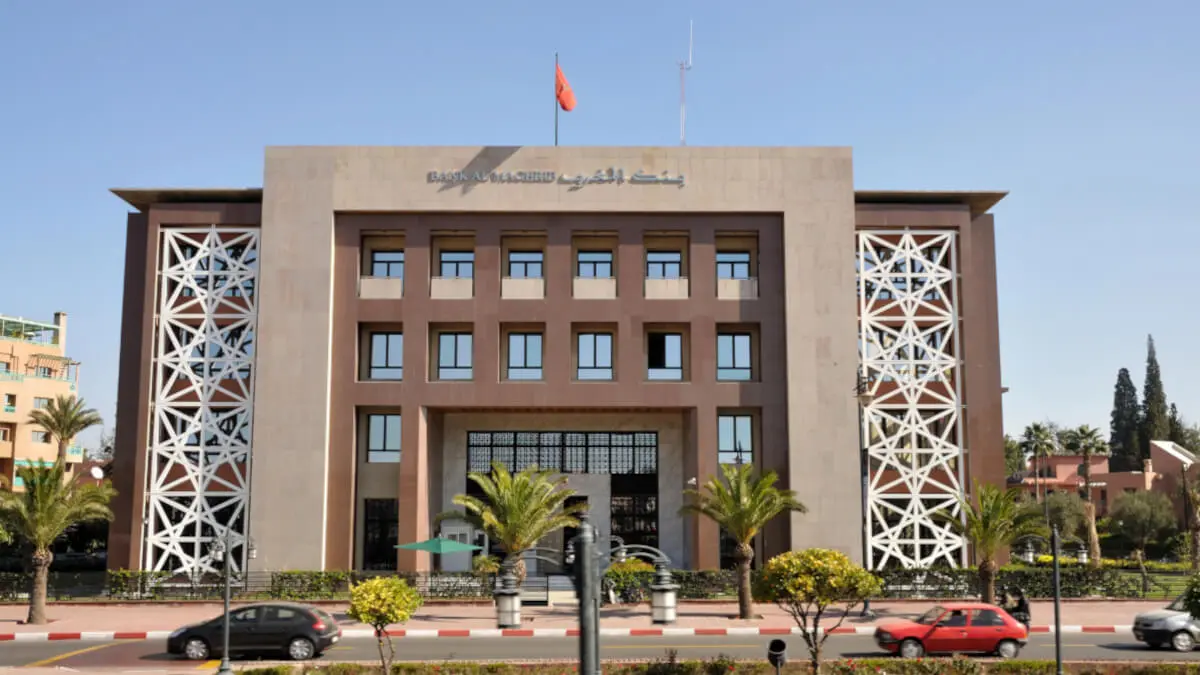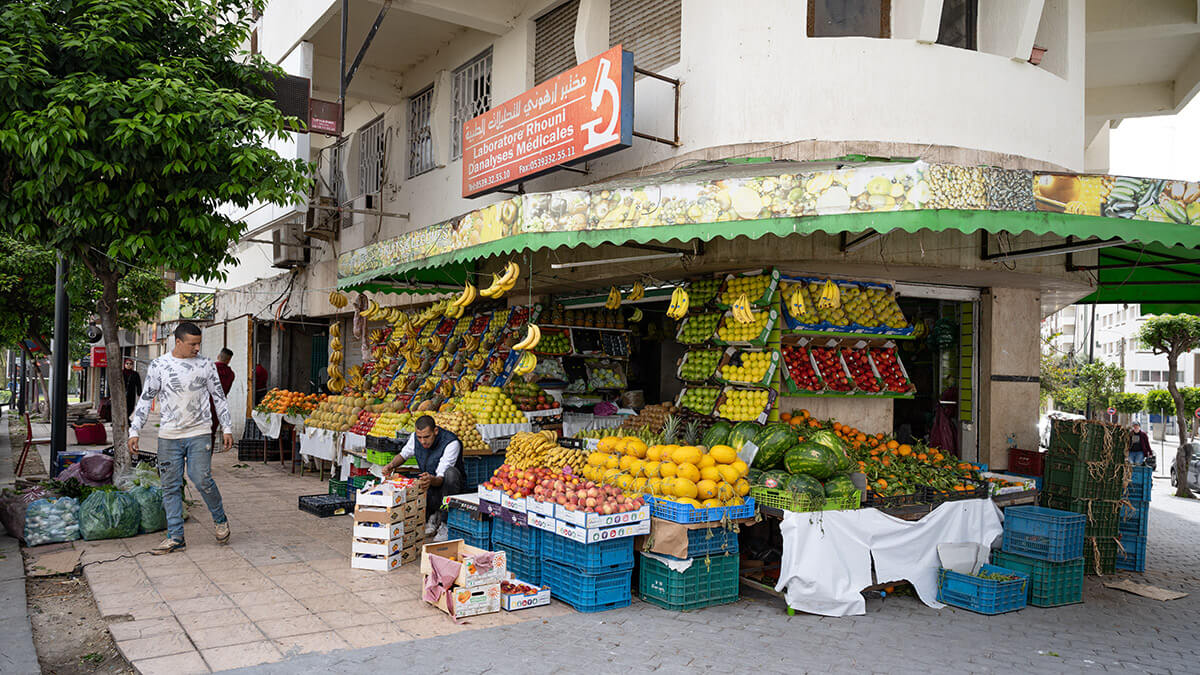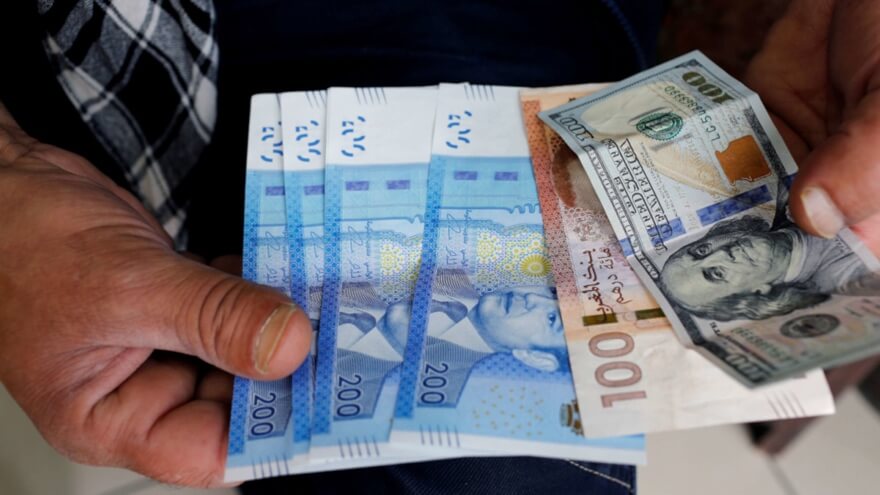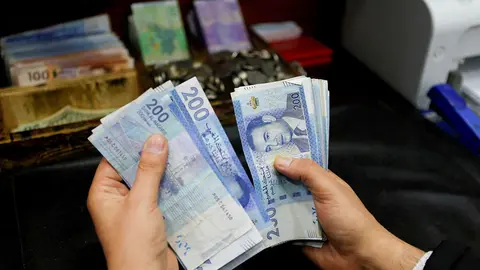Morocco has the potential to play a key role in the future of the African economy

Africa has immense potential to redefine the landscape of global trade and economic growth, although many of its economies remain vulnerable to internal and external challenges.
With the aim of offering recommendations to the countries of the continent, the United Nations Conference on Trade and Development (UNCTAD) has published the 2024 African Economic Development Report, which highlights how reforms and strategic investments could strengthen the resilience of African economies.
In the case of Morocco, the report highlights both challenges and opportunities. As one of Africa's leading service exporters, the Kingdom plays a key role in regional trade. However, it continues to face challenges related to infrastructure deficits and trade barriers.
Despite having sound regulatory frameworks and diversified economies that position it among the most resilient economies on the continent, strategic reforms are still needed to foster growth.
Morocco is among the top five service exporting economies in Africa, with an average export value of 16.2 billion US dollars annually between 2019 and 2021.

However, the pandemic revealed the vulnerability of service-dependent economies such as those of Morocco, Egypt, South Africa and Tunisia, as global disruptions severely impacted key sectors such as tourism, transport and other industries. On the other hand, infrastructure is also one of the main determinants of trade efficiency
Similarly, the report highlights Morocco as one of the best performing African countries in terms of trade logistics, although it points out that non-tariff barriers continue to hinder trade within the continent.
Regulatory obstacles and non-tariff trade regulations are restricting regional trade three times more than customs tariffs, which limits access to African markets.
However, despite these challenges, Morocco has one of the most favourable regulatory environments in Africa.

This is why the Kingdom, together with Botswana, Cape Verde, Mauritius and South Africa, has shown greater resilience to trade risks thanks to its economic diversification, political stability and connectivity.
The report also points to various areas in which Morocco and other African economies could implement measures to strengthen their resilience and promote growth, addressing limitations such as export diversification, infrastructure improvement and the promotion of small and medium-sized enterprises.
The UNCTAD report recalls that the African Continental Free Trade Area (AfCFTA) constitutes one of the main opportunities for economic expansion, with an estimated market value of 3.4 trillion dollars.

In this sense, Morocco's trade agreements and investment treaties are highlighted, emphasising that they reflect a long-term commitment to consolidate economic ties with African nations. In total, there are currently 76 bilateral investment treaties, 12 treaties with investment provisions, 51 bilateral investment treaties in force and 9 treaties with investment provisions in force.
Morocco's economic strength lies in its ability to adapt to both global and domestic challenges. Although the country faces risks linked to connectivity and economic dependence, its investment in infrastructure, trade reforms and regional cooperation could enable it to position itself as a leader in transformation.
The UNCTAD report charts a path for Morocco and other African countries to transform their vulnerabilities into opportunities. If the right policies are implemented, Rabat has the potential to play a key role in the future of the African economy.










